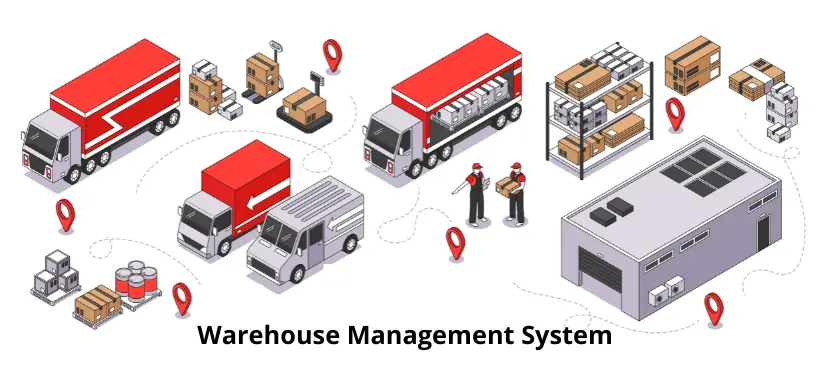In the competitive, expansive, vigorous world of logistics and transportation, fostering strong partnerships with vendors is crucial for sustaining success. A powerful tool in achieving this is the Request for Quotation (RFQ). By leveraging RFQs, logistics companies can not only streamline their procurement processes but also strengthen their relationships with vendors, driving efficiency and innovation.
An RFQ serves as a formal document outlining specific product or service requirements, quantity needed, desired delivery timeline, and any special terms or conditions. It provides clear instructions for vendors on submitting quotations, including the deadline and preferred format. This ensures transparency and fairness in the vendor selection process.
The significance of technology in RFQs cannot be overstated. The software has integration capabilities with existing systems, scalability for future needs, security features, flexibility for customization, and a user-friendly interface, which are all essential aspects of this tool. These elements ensure that the selected vendor not only meets technological requirements but also provides comprehensive support for successful implementation and utilization.
Service focus areas in RFQs encompass implementation, deployment, training, maintenance, and consulting for process optimization. These services are vital for ensuring smooth operations and driving efficiency within the organization’s procurement and logistics operations.
Maintaining open communication channels for clarification and addressing inquiries is key to a smooth RFQ process. Additionally, defining payment terms and any legal or contractual obligations helps streamline the process further.
To optimize RFQ processes, it’s essential to adhere to best practices and guidelines. This includes using RFQ templates, following RFQ process guidelines, understanding RFQ requirements, and ensuring proper RFQ submission and evaluation.
For example, logistics companies can provide a clear RFQ format and offer examples to vendors for better understanding.
To conclude, RFQs play a vital role in logistics operations by facilitating transparent and procurement for efficient vendor selection processes. By leveraging technology, focusing on collaborative vendor relationships, and adhering to best practices, logistics companies can derive innovation and efficiency in their operations. This supports ultimately delivering value and staying ahead in the competitive market. Optimize your logistics operations with RFQ collaboration. Contact us to get started!














